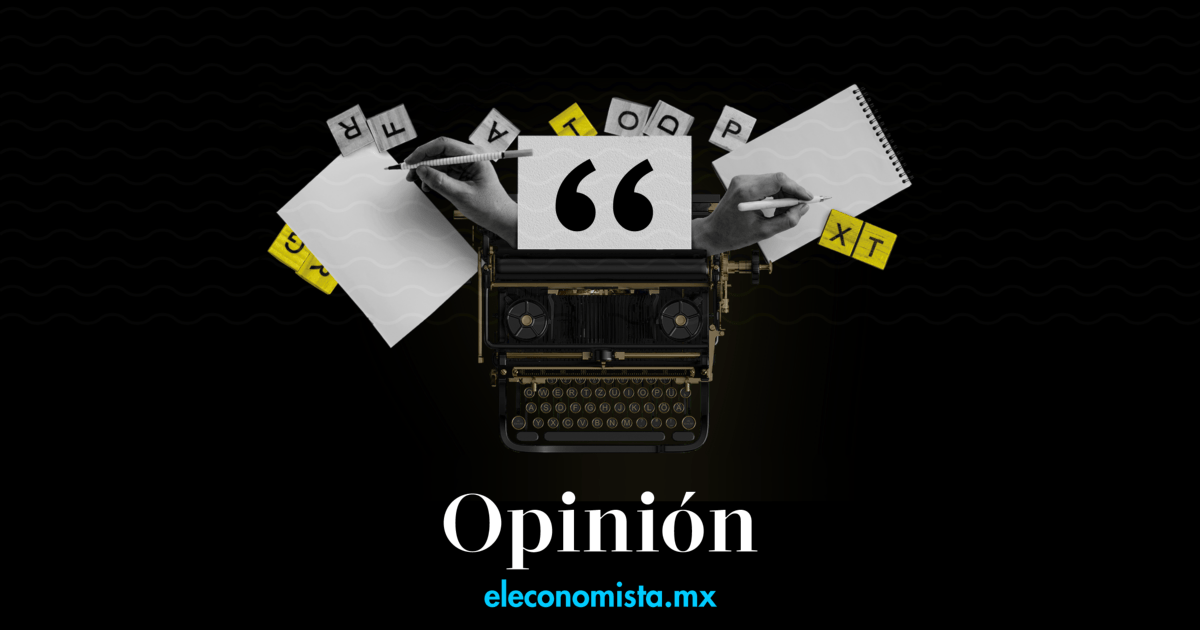During November 2022, two of the main names in the cryptocurrency ecosystem, Bitcoin and Ethereum, have presented falls in the order of 20% due to the collapse of the FTX International platform. This is a platform where cryptocurrencies can be traded and stored and which at the beginning of the month had serious problems responding to massive withdrawals by its users as a result of a report that suggested that it did not have adequate liquidity and solvency.
The report in question revealed that FTX’s sister company, Alameda Research, a fund dedicated to the purchase/sale (arbitrage) of cryptocurrencies, was mainly funded by the FTT cryptocurrency, created by FTX, and not by dollars or another cryptocurrency such as Bitcoin. . As expected, the nervousness in the users did not take long, instead they rushed to withdraw their funds from FTX and sell the FTT token in a sudden and massive way.
At this time it is clear that the relationship between the two companies presented serious conflicts of interest and that the transfer of user funds from FTX to Alameda was directly a fraud. Days after FTX filed for bankruptcy, alleged hackers drained nearly $500 million from the company, further worsening the scandal and leaving tens if not hundreds of thousands of people defrauded. The vulnerability of FTX users is ironic since one of the technologies applied in blockchains (networks on which cryptocurrencies operate) is cryptography, which can provide high levels of security to common users against very powerful attacks. This event makes it clear that one thing is the security of cryptography in transactions and quite another is where these assets are stored and who has the keys to the wallets to be able to dispose of them.
With the birth of bitcoin in 2008, which led to the creation of Blockchain technology, a decentralized solution to the problem of “double payments” was implemented for the first time. Until then, payment records (who pays for a coin and who receives it) had only been possible when banks updated the record centrally. The theory, often confirmed in reality, showed that this model has certain disadvantages such as transaction costs and a counterproductive concentration of power.
A blockchain system has as basic elements a peer to peer (P2P) network, a series of rules (algorithm) and the use of cryptography, that is, the validation of each operation through encrypted code. Applied to cryptocurrencies, this economic experiment with libertarian overtones aims to make payments through a digital currency without intermediaries, without exposing one’s own identity and with the cryptographic guarantee that the record of who has how much at all times is accurate. The idea has appealed to many who envision it as the future of money, but it hasn’t come without risk.
The first problem has to do with the previously told story and is a security issue. Time and again web indexes, applications and other solutions have proven to have insufficient security controls in the custody of the instruments. In the case of FTX, it is known that the keys to the wallets were available to anyone, which leaves the user having a physical key as the only option to the detriment of practicality. Another challenge is scalability, since for the payment record to be updated it has to be updated in many or all network users, causing, for example, that paying for a coffee can take several minutes. The next hurdle is that although the cryptocurrency market is vast, it is still not large enough for its volatility to be at least similar to that of a conventional currency. This causes it to be a highly speculative environment and suitable for bad actors to violate users.
The repercussions of the FTX collapse are still unclear and will likely linger for several years, undermining public confidence in cryptocurrencies and possibly leading to government over-regulation. How decentralized means of payment will coexist with government currencies is unknown. What is clear is that the fall of FTX is bad news at least in the short term. Right now, eyes are on Binance, another of the important players that, like FTX, acts as the Federal Reserve in the crypto world and that, like FTX, is led by a very peculiar character.
*The author is VP I&C Sales at BBVA Asset Management.
obedisai.rafael@bbva.com
hartford car insurance shop car insurance best car insurance quotes best online car insurance get auto insurance quotes auto insurance quotes most affordable car insurance car insurance providers car insurance best deals best insurance quotes get car insurance online best comprehensive car insurance best cheap auto insurance auto policy switching car insurance car insurance quotes auto insurance best affordable car insurance online auto insurance quotes az auto insurance commercial auto insurance instant car insurance buy car insurance online best auto insurance companies best car insurance policy best auto insurance vehicle insurance quotes aaa insurance quote auto and home insurance quotes car insurance search best and cheapest car insurance best price car insurance best vehicle insurance aaa car insurance quote find cheap car insurance new car insurance quote auto insurance companies get car insurance quotes best cheap car insurance car insurance policy online new car insurance policy get car insurance car insurance company best cheap insurance car insurance online quote car insurance finder comprehensive insurance quote car insurance quotes near me get insurance






:max_bytes(150000):strip_icc():focal(605x417:607x419)/Alabama-Woman-Forced-to-Attend-Jury-Duty-011725-tout-b-2583e44b563f4d4fbeec46beb0a5ee35.jpg)

